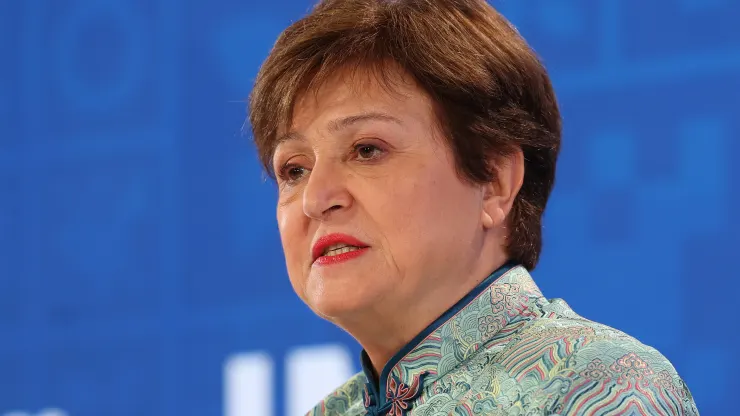The International Monetary Fund (IMF) recently raised its forecast for Russia’s economic growth this year, from 1.1% to 2.6%. However, IMF Managing Director Kristalina Georgieva cautions that the country’s economy still faces significant challenges.
Georgieva points out that Russia’s current production and consumption patterns resemble those of the Soviet Union. The state, which had a substantial fiscal buffer built over years of fiscal discipline, is now investing heavily in the war economy. This has led to a high level of production, particularly in the military sector, but a decrease in consumption.
Since the war began, Russian defense spending has skyrocketed. In November, President Vladimir Putin approved a state budget that allocated roughly 30% of fiscal expenditure to military spending, a significant increase from previous years. Defense and security spending is expected to account for around 40% of Russia’s total budget spending in 2022.
Despite the improved growth outlook, Georgieva believes that Russia’s economy is still in for tough times. The country continues to face headwinds from Western sanctions, and the reliance on a war economy may not be sustainable in the long term. It is crucial for Russia to diversify its economy and address structural issues to ensure sustained and inclusive growth.
In conclusion, while the IMF has raised its growth forecast for Russia, IMF Managing Director Kristalina Georgieva warns that the country’s economy is still facing significant challenges. The reliance on a war economy and the high level of defense spending may not be sustainable in the long run. It is essential for Russia to address these issues and focus on diversifying its economy for long-term stability and prosperity.


